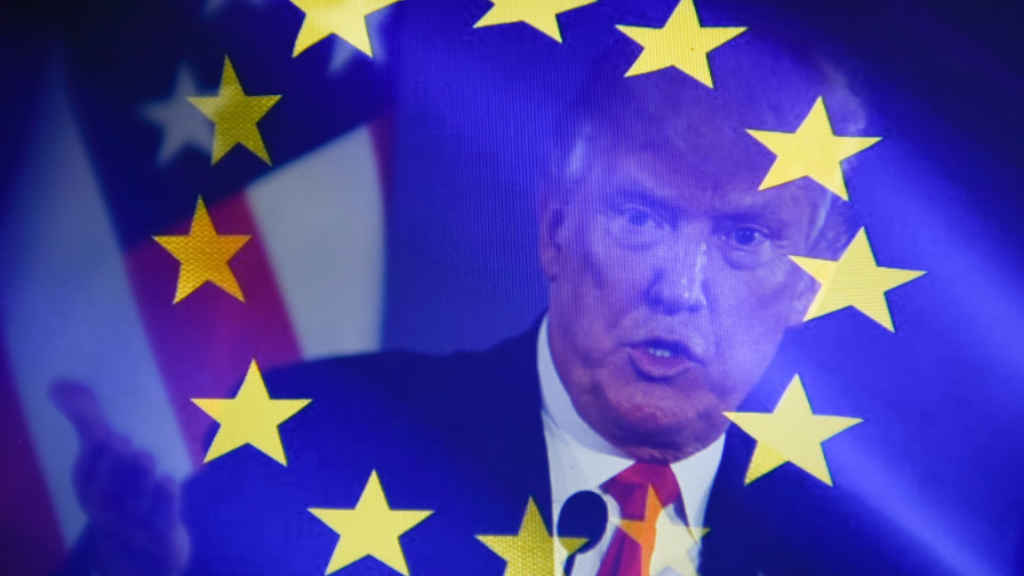The European Union is getting ready for additional tariffs from the United States, despite recent talks with the administration of President Donald Trump earlier this week.
The climate has been marked by escalating tensions in trade relations over the past few months, with Trump accusing the EU of mistreating American trade interests.
“As we have advocated from the start, we prefer negotiations to tariffs, which negatively impact our economies, businesses, and consumers,” stated Olof Gill, trade spokesperson for the European Commission, in a document sent to Finance Newso following the discussions between White House and EU officials.
Maros Sefcovic, the EU’s chief trade negotiator, met with U.S. Secretary Howard Lutnick and Trade Representative Jamieson Greer on April 14. However, the outcome of their discussions fell short of notable progress.
“It is evident that significant collaborative efforts will be necessary to ensure a fruitful resolution within the 90-day timeframe,” Gill remarked. “The EU is fulfilling its role. Now, it is crucial for the U.S. to clarify its stance. Every negotiation requires cooperation from both sides.”
This week, President Trump reiterated his dissatisfaction with the EU’s trade practices.
“The European Union has taken tremendous advantage; they do not accept our food products or vehicles,” he stated.
In a recent escalation, the U.S. announced investigations into pharmaceutical and semiconductor imports, which Trump indicated could result in new tariffs targeting those sectors.
“This was anticipated,” Gill said, emphasizing that the EU has made a compelling argument against tariffs in these industries.
“The Commission is also continuing to prepare additional countermeasures should the negotiations not yield a positive outcome, and all options remain open,” he added.
The EU’s leading exports to the U.S. include pharmaceuticals, vehicles, and machinery.
In 2023, the EU recorded a trade surplus with the U.S. of 48 billion euros, encompassing a goods surplus of 157 billion euros and a services deficit of 109 billion euros, according to EU data.
Italy attempts to sway Trump
Meanwhile, attention turns to Italy’s Prime Minister Georgia Meloni, who is scheduled to meet President Trump on Thursday. This meeting marks her as the first European leader to engage with the U.S. President after the recent suspension of certain tariffs.
“This presents a crucial opportunity for her to showcase her alignment with Trump and her potential to act as a credible intermediary for revitalizing transatlantic dialogue,” noted Wolfango Piccoli, co-president of consultancy Teneo, in a recent brief to clients.
Piccoli also highlighted that Meloni faces pressure to protect Italy’s exports, which yielded a trade surplus of 40 billion euros with the U.S. in 2024—ranking third in the EU, following Germany and Ireland.
Trump has previously praised Meloni, referring to her as “a wonderful woman” and commending the strong leadership in Rome.
Sharing conservative political ideologies and perspectives on China, Meloni and Trump have common ground; however, the discussions may shift as Trump may address Rome’s defense spending in light of NATO commitments, pointing out that Italy has yet to meet the coalition’s target of allocating 2% of its GDP for defense.


























